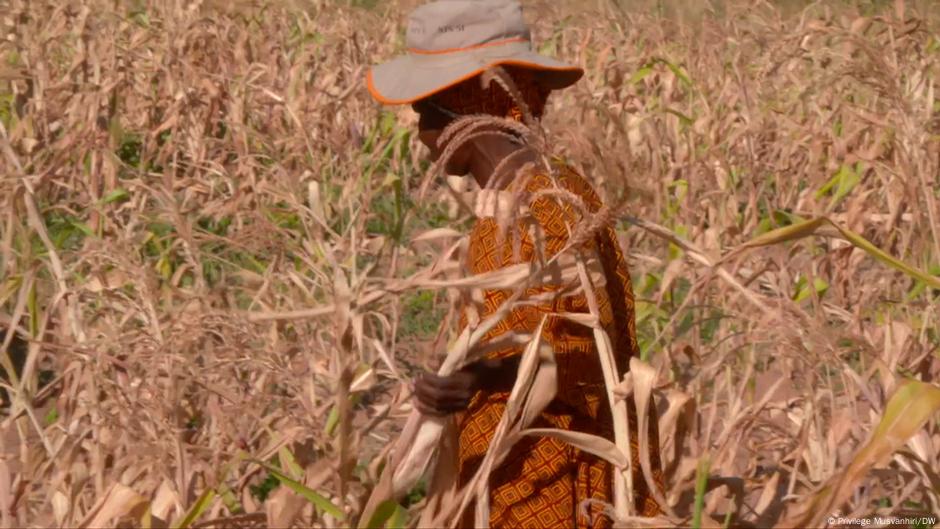
Global Hunger Trends and the Challenges Facing Africa
In 2024, the global number of hungry people saw a third consecutive year of decline. However, this positive trend is not uniformly distributed across the world, especially in Africa. The continent continues to face significant challenges that are increasing levels of hunger and malnutrition.
A recent global report highlights that by 2030, nearly 60% of the world's hungry population will be in Africa. This projection comes from a joint effort by five United Nations agencies, which have found that more than one in five people on the African continent—approximately 307 million individuals—were chronically undernourished in 2024. This represents a rise compared to two decades ago.
According to the State of Food Security and Nutrition in the World (SOFI) report, around 673 million people, or 8.2% of the global population, experienced hunger in 2024. This is a slight decrease from 8.5% in 2023. Despite this improvement, the situation remains dire for many regions, particularly in Africa.
Factors Contributing to Increased Hunger
Conflict is a major driver of extreme food insecurity. Alvaro Mario, President of the International Fund for Agricultural Development (IFAD), noted that there are more conflicts now than in the last decade. These conflicts have created some of the most challenging conditions for populations in areas such as Sudan and the Democratic Republic of Congo.
The impact of rising food prices has also played a critical role. The gap between global food price inflation and overall inflation reached its peak in January 2023, significantly increasing the cost of diets. Low-income nations have been hit the hardest by these price hikes. Productivity gains have not kept pace with population growth and the effects of conflict, extreme weather, and inflation.
Debt Overhang and Public Expenditure
Many African countries are struggling with debt overhang, which hampers public expenditure on food. According to Mario, high interest rates on debt take up 10-25% of public spending. This financial burden limits the potential for investment in critical areas such as agriculture and nutrition.
Rising Cost of Healthy Diets
While the percentage of people unable to afford a healthy diet has decreased in Asia, Latin America, the Caribbean, North America, and Europe, the opposite trend is observed in Africa. From 2019 to 2024, the percentage of people unable to afford a healthy diet increased from 64.1% to 66.6%, representing an increase from 864 million to 1 billion people.
In countries like Nigeria, the steepest increases in food prices have occurred in starchy staple foods and oils. These items form the core of diets for the poorest households, and their rising costs can severely undermine food security and nutrition.
Impact on Health and Nutrition
Tendai Gunda, a public health nutritionist, explained that where diets are least affordable, wasting and stunting rates are simultaneously highest. She emphasized that price and income dynamics are now a key pathway through which malnutrition, under-nutrition, micro-nutrient deficiency, and diet-related non-communicable diseases persist.
Government Actions and Priorities
Food security organizations have called for political will, strong public financing, and development plans to achieve food self-sufficiency. Mario highlighted the importance of countries focusing on becoming self-sufficient so that small-scale farmers can produce and sell into markets. Investments are essential to tackle both poverty and hunger in rural areas.
Nutritionists have also urged governments to classify agri-food supply chains as essential services and maintain open intra-African trade corridors. Gunda suggested that nutrition governance should be supported through funding of multi-sectoral food and nutrition councils.
Additionally, she recommended elevating women’s land use and finance rights, a policy that has proven effective in improving child and maternal health. These steps are crucial for addressing the root causes of hunger and malnutrition in Africa.


Posting Komentar